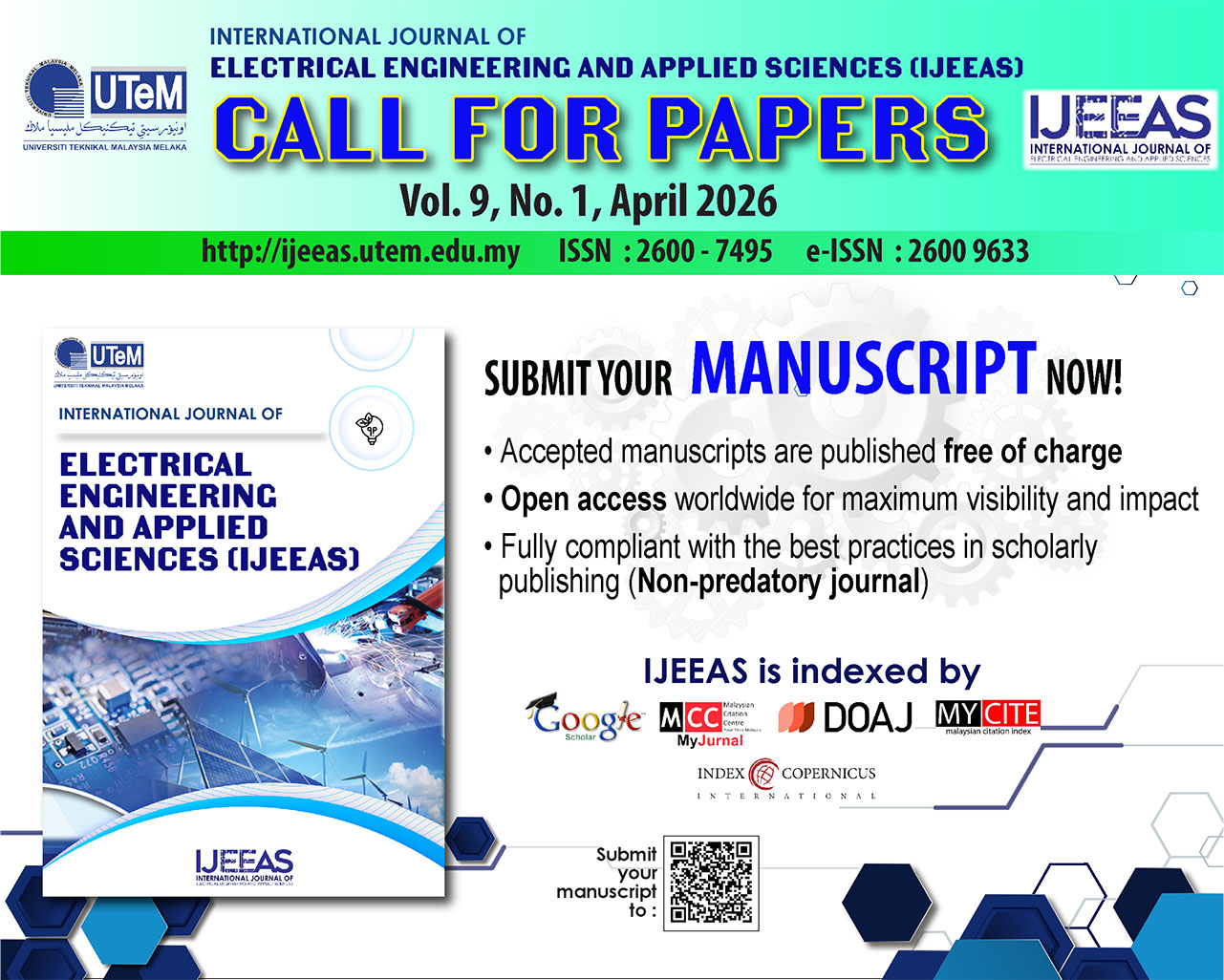Fault Detection and Response at Pencawang Pembahagian Utama, Banting Selangor: A focus on Overcurrent Protection Relay using PSCAD Software
Abstract
Overcurrent faults are prevalent issues in electrical distribution systems, characterized by electrical disturbances where the electric current exceeds the safe limit within a connection. These faults can be caused by equipment malfunctions, short circuits, or imperfections in protective devices, posing risks such as equipment damage, fires, and disruptions in electricity supply. This research assesses the effectiveness of protective systems in the main distribution panel in Banting, Selangor, using PSCAD software as the research platform. The main distribution panel is critical for ensuring safe and reliable electrical power to end-users, and any faults within it can lead to widespread power supply issues. This study evaluates the overcurrent relay, a crucial component in detecting excessive current events, focusing on its configuration, programming, and operation. Through data collection and analysis, the research verifies the effectiveness of the protective system within the main distribution panel. The findings provide valuable guidance for the maintenance and enhancement of protective systems, aiming to improve the safety and stability of the electrical supply for end-users.
Downloads
Downloads
Published
How to Cite
Issue
Section
License
Authors who publish with this journal agree to the following terms:
- Authors retain copyright and grant the journal right of first publication with the work simultaneously licensed under a Creative Commons Attribution License that allows others to share the work with an acknowledgement of the work's authorship and initial publication in this journal.
- Authors are able to enter into separate, additional contractual arrangements for the non-exclusive distribution of the journal's published version of the work (e.g., post it to an institutional repository or publish it in a book), with an acknowledgement of its initial publication in this journal.
- Authors are permitted and encouraged to post their work online (e.g., in institutional repositories or on their website) prior to and during the submission process, as it can lead to productive exchanges, as well as earlier and greater citation of published work (See The Effect of Open Access).







